|
My bow crashed into another wave, jolting my body from head to foot. I groaned, threw the tiller over and dived into the boat. On the other side of the tack, I grabbed the hook, clipped on and jumped out on to the trapeze; tiller and mainsheet in hand. I looked behind – he was still there. I was determined to beat him to the finish. Tack – tack – tack. Finish line in sight. I gritted my teeth and kept going. One last tack. 'Starboard!' I screamed. I had right of way and he had no choice but to duck behind my stern. I crossed the line ahead. I swung back into the boat and unhooked; every muscle in my body was shaking. I was used to reservoir sailing; now I was on the Baltic in the strongest weather I had competed in at sea, and I was exhausted. I looked behind, looking for more boats; there were none – I found out later that half the fleet had retired and I was the only woman to have finished the race – the last race of the 1995 European Contender Championships in Germany. I had done it; I was the ladies champion. Admittedly, there were not many of us competing (some would say daft enough to compete); the contender is an extreme boat. A single-handed trapeze dinghy with a large sail; it’s hard work, often frustrating and very wet, but it is an exhilarating boat to sail. I patted the deck of my boat, Ride of the Valkyrie. She was old, heavy, and slow, but she was my prized possession. I managed to tack and head back to the sailing club, then laughed out loud – not caring about the other competitor's look of alarm. A brass band had struck up on the shore – they were playing Wagner's Ride of the Valkyrie! I guided my own Valkyrie in between the harbour walls to the slipway and jumped out. My feet hit the bottom but my legs could not hold me. I sat down heavily in the water, letting go of Valkyrie in surprise. She drifted away. I shouted and a handful of fellow sailors ran into the water to rescue the boat. They left me to get myself out of the brine. I was 24 years old and am proud of my achievement. I treasure the memories, even though the repercussions of that race still shape my life over twenty years later. I had a very painful journey home from Germany, my back and shoulders felt as if they were on fire, but I had a new job with a company of independent financial advisors waiting for me, and I had to get back quickly. I had sailed for years and was used to aches and pains, so I assumed the pain in my back and shoulders would get better in time. I realised that I had never truly understood what the cause of the problem had been and had never resolved the original injury, just eased the symptoms. By this time I had bought my own house and lived alone, and had to find creative ways to cope – some simple; others not. For example using a plastic plates and cutlery; shampoo and conditioner in the smallest containers available; sticking acupuncture needles into myself (which I don’t recommend!) and learning Reiki to help ease the pain until I could safely take more painkillers. I learned to pick things up from the floor with my feet, and had to accept that some days getting dressed really wasn't that important. Then there was the humiliation of the raised toilet seat, and not being able to hold my sister's bridal bouquet for her at her wedding. Leaving the house was impossible most of the time, and I kept bottled water and cereal bars upstairs for those days when I couldn’t make it down. I often went a week without seeing or speaking to anybody, and would only answer the telephone if I was sure it was my mum. I still didn't understand what was happening. Why was I in so much pain? Why was it continuing for so many years with no let up? I continued my search for answers, both orthodox and non. In seventeen years I saw forty-two doctors and therapists, and have completed countless courses – both from home and at the local college, when able. My search took me from herbalism to homeopathy to counselling and psychology, which I found fascinating. There was a side-effect to the counselling and psychology course, though: I had to talk and write about myself – something I had never found easy. I had always been the one to listen to others’ problems as a way of ignoring my own, but once I started, I couldn't stop. Well into the second year of the course I picked up a pen and started writing. After ten minutes I was in too much pain to hold the pen, so I swapped to my left hand. It wasn't very legible at first, but did improve. It was like a hunger – I could not put the pen down, no matter how much pain I was in. Ten minutes rest, more painkillers, then another chapter. I filled the first notebook in a couple of days and bought another, then another. It dawned on me that I was writing a book. I had loved books since I had learnt to read, and my earliest memories are centred around the books I had loved. It had never occurred to me that I might actually be able to write one myself, one day.
When I looked back at what I had written, I realised (with my new understanding of psychology) that the story, Dead Reckoning, was an outpouring of all the pain and frustration I had felt over the years. I hadn't written it as my story, but of pirates and battles, adventure and romance; all metaphors rooted in my life so far. Once I completed the story, I also found some better answers. A combination of a hypnotherapist and physiotherapist found muscles in my hips had been in spasm, without release, for fifteen years. That had tilted my pelvis, putting pressure on my back muscles, and had resulted in so much extreme pain in my shoulders. Now that I finally understand the problem, I can better understand what to do about it. Unfortunately, it has taken so long to find my answers, that my body has learned different ways of supporting my skeleton and I'm having to re-educate my muscles and nervous system; but I am managing my condition better, and flare ups – whilst still extremely painful and debilitating – are less frequent and usually pass in weeks rather than months. Then life took another swerve. I entered Dead Reckoning into the Mslexia Novel Competition in 2011 and I was overjoyed to receive an email telling me I had been long-listed. This was the final push I needed to finish editing the book and publish it. I realised the independent route would be the best way for me to publish yet pace my activity and manage my health, and I self-published Dead Reckoning in 2012. In 2015, I was asked to join other authors, including David Leadbeater, Steven Bannister and John Paul Davis in publishing a box set of thrillers: The Hot Box. Dead Reckoning was my contribution, and together we reached the top 50 of the UK Kindle chart, and the top of many bestseller lists on Amazon. My new life had begun, and a future once more stretched out in front of me. A future to be filled with many more books…
0 Comments
|
Categories
All
Archives
January 2021
|
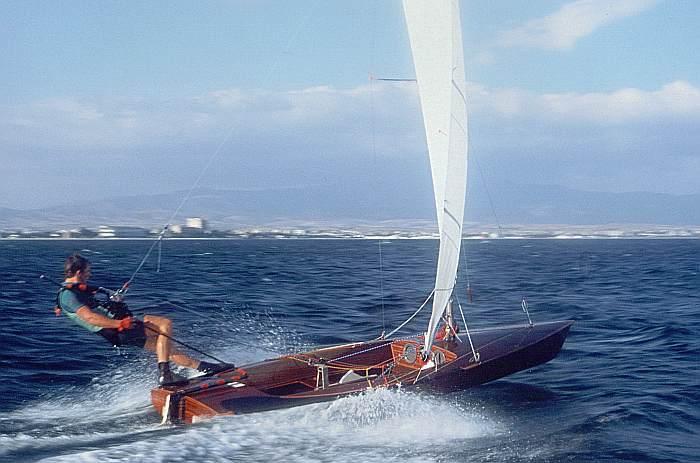
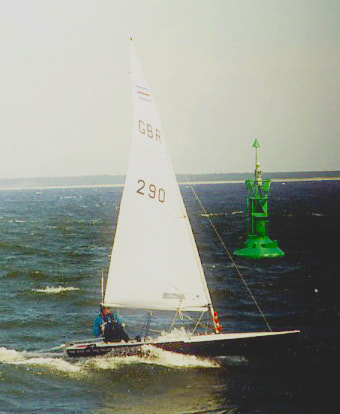
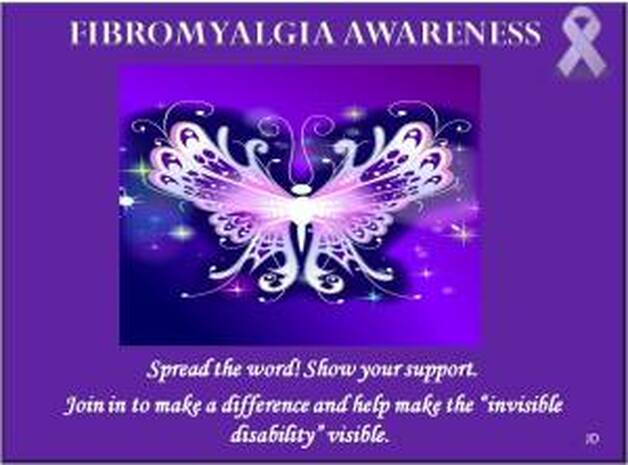
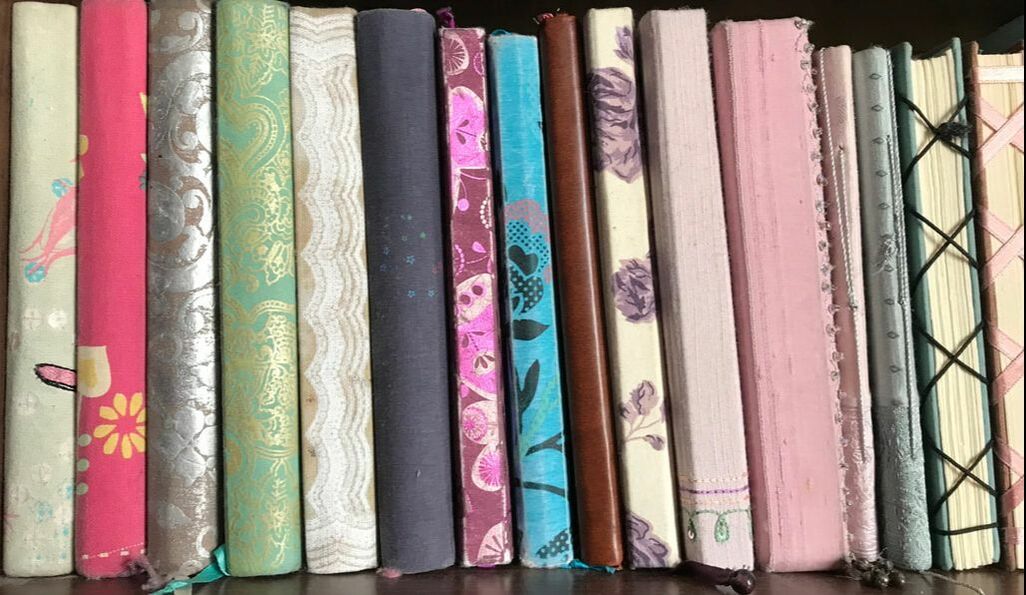
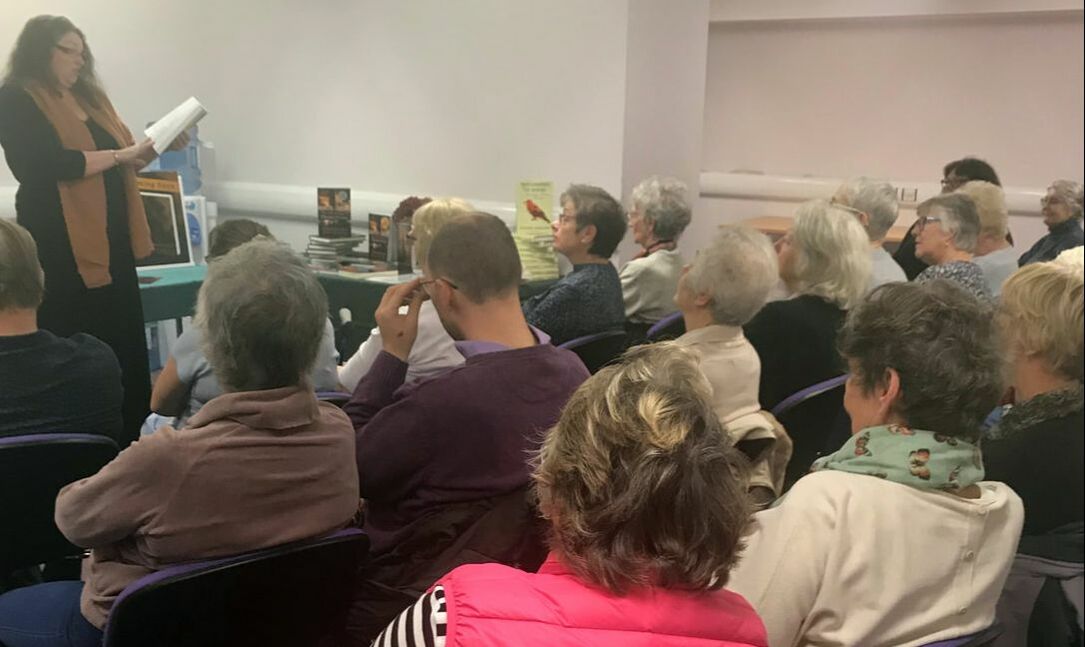
 RSS Feed
RSS Feed






